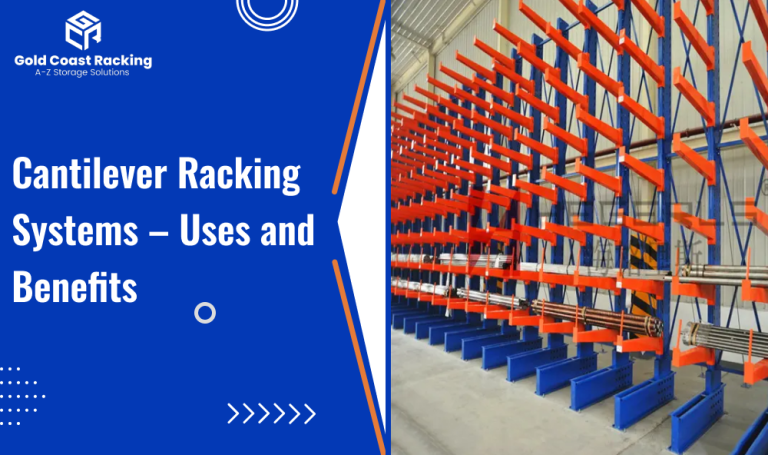Protecting Your Home from Plumbing Disasters: Advice from the Experts
Your home is more than just a place to live—it’s a sanctuary, a haven of comfort and security. However, amidst the hustle and bustle of daily life, it’s easy to overlook the importance of maintaining your home’s plumbing systems. From burst pipes and clogged drains to faulty boilers and leaky faucets, plumbing disasters can wreak havoc on your home, causing damage, inconvenience, and stress. Fortunately, with a little foresight and some expert advice, you can take proactive steps to protect your home from plumbing disasters and ensure that it remains a safe and comfortable environment for you and your family. In this comprehensive guide, we’ll explore some valuable tips and insights from the experts at Prime Plumbers London on how to safeguard your home against plumbing emergencies and maintain your peace of mind.
Understanding the Risks:
Plumbing disasters can take many forms, each presenting its own set of challenges and potential hazards. Some of the most common plumbing emergencies include:
1. Burst Pipes: Burst pipes can result from freezing temperatures, corrosion, or excessive water pressure, causing extensive water damage and flooding in your home.
2. Clogged Drains: Clogged drains can lead to slow drainage, foul odors, and sewage backups, posing health risks and creating unsanitary conditions.
3. Faulty Boilers: Faulty boilers can malfunction unexpectedly, leaving you without hot water or heating and potentially causing damage to your property.
4. Leaky Faucets: Leaky faucets may seem like a minor annoyance, but over time, they can waste water and contribute to higher utility bills.
By understanding the risks associated with plumbing disasters, you can take proactive measures to prevent them and protect your home from potential damage.
Expert Advice from Prime Plumbers London:
As experts in emergency plumbing services, Prime Plumbers London offers invaluable advice on how to protect your home from plumbing disasters:
1. Schedule Regular Maintenance: “Prevention is always better than cure,” says Prime Plumbers London. “By scheduling regular maintenance checks for your plumbing systems, you can identify and address potential issues before they escalate into emergencies. From inspecting pipes for signs of corrosion to flushing out drains and testing boiler efficiency, regular maintenance can help keep your plumbing systems in top condition and minimize the risk of disasters.”
2. Insulate Pipes: “During the colder months, frozen pipes pose a significant risk of bursting,” advises Prime Plumbers London. “To protect your pipes from freezing, be sure to insulate them properly with foam pipe insulation or heating tape. Pay particular attention to pipes in unheated areas such as basements, attics, and crawl spaces. By insulating your pipes, you can prevent freezing and reduce the risk of burst pipes.”
3. Monitor Water Pressure: “Excessive water pressure can put undue stress on your plumbing system, increasing the risk of burst pipes and other emergencies,” warns Prime Plumbers London. “To prevent damage, install a water pressure gauge and monitor your home’s water pressure regularly. If the pressure exceeds recommended levels (typically 60-80 psi), consider installing a pressure-reducing valve to regulate the flow of water and protect your pipes.”
4. Practice Water Conservation: “Conserving water not only helps the environment but also reduces the strain on your plumbing system,” advises Prime Plumbers London. “Simple measures such as fixing leaky faucets, installing low-flow showerheads and toilets, and avoiding unnecessary water usage can help prevent water waste and reduce the risk of plumbing emergencies.”
5. Know Your Shut-Off Valves: “In the event of a plumbing emergency, knowing how to shut off the water supply to your home can help prevent further damage and minimize the impact of the disaster,” says Prime Plumbers London. “Take the time to locate and label the main shut-off valve for your home’s water supply, as well as individual shut-off valves for sinks, toilets, and appliances. This knowledge can be invaluable in times of crisis.”
6. Have a Emergency Plan: “Emergencies can happen when you least expect them, so it’s essential to have a plan in place,” advises Prime Plumbers London. “Discuss emergency procedures with your family, including how to shut off the water supply, who to contact in case of a plumbing emergency, and where to locate important documents such as insurance policies and contact information for emergency services. By being prepared, you can minimize the stress and confusion often associated with plumbing disasters.”
Conclusion:
In conclusion, protecting your home from plumbing disasters requires a proactive approach and a commitment to preventive maintenance. By following the expert advice from Prime Plumbers London and implementing practical measures such as scheduling regular maintenance checks, insulating pipes, monitoring water pressure, practicing water conservation, knowing your shut-off valves, and having an emergency plan in place, you can reduce the risk of plumbing emergencies and safeguard your home against potential damage. Don’t wait until disaster strikes—take action now to protect your home and ensure your peace of mind for years to come. With the right precautions and expert guidance, you can enjoy a safe, comfortable, and worry-free living environment for you and your family.




